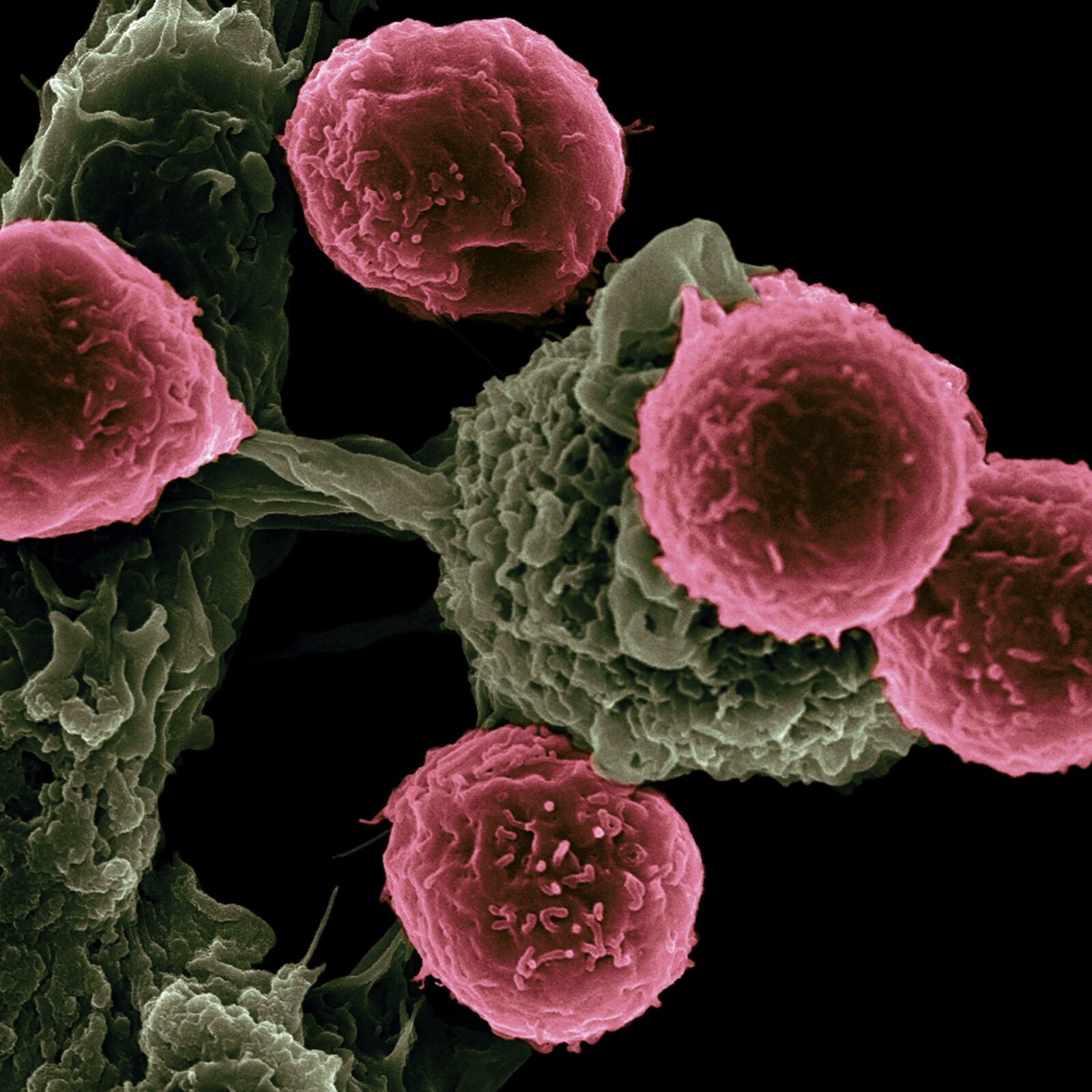Individuals who have a condition that increases their likelihood of developing specific cancers can lessen their elevated risk of developing those types of cancer by even more than 60% merely by introducing higher quantities of resistant starch to their dietary habits, according to the results of a trial involving more than two decades and almost 1,000 people involved from around the globe.
The findings were so impressive in reducing the incidence of upper GI tumors that the scientists want to duplicate them to be certain they didn’t miss anything. Although these results are encouraging, further work has to be done to duplicate the unexpectedly large preventative impact on the upper Gastrointestinal tract.
To survive the harsh environment of the small bowel, resistant starch undergoes fermentation in the large bowel, where it provides food for good bacteria. Naturally occurring sources include somewhat green bananas, oatmeal, boiled and chilled rice and pasta, peas, as well as beans, although it may also be purchased as a fiber-like supplementation.
A total of 918 patients with Lynch syndrome participated in the randomized, double-blind experiment, which ran from 1999 to 2005. About one in every 300 persons is thought to possess a gene related to Lynch syndrome, putting it among the most frequent known genetic inclinations to cancer.
Approximately the same as consuming a not-quite-ripe banana everyday, 463 individuals were administered a daily dosage of resistant starch as powder throughout two years to see how they may lower this risk.
Additionally, 455 individuals with Lynch syndrome were given a placebo consisting of powdery starch to take once daily. After 10 years, researchers checked up on both sets of participants again. The scientists now released the findings of their follow-up study.
This experiment was conducted on persons who already had a genetic predisposition to cancer, therefore the results may not be applicable to the general population. However, a further investigation of the role of resistant starch in cancer prevention may provide important insights.











Leave a Reply